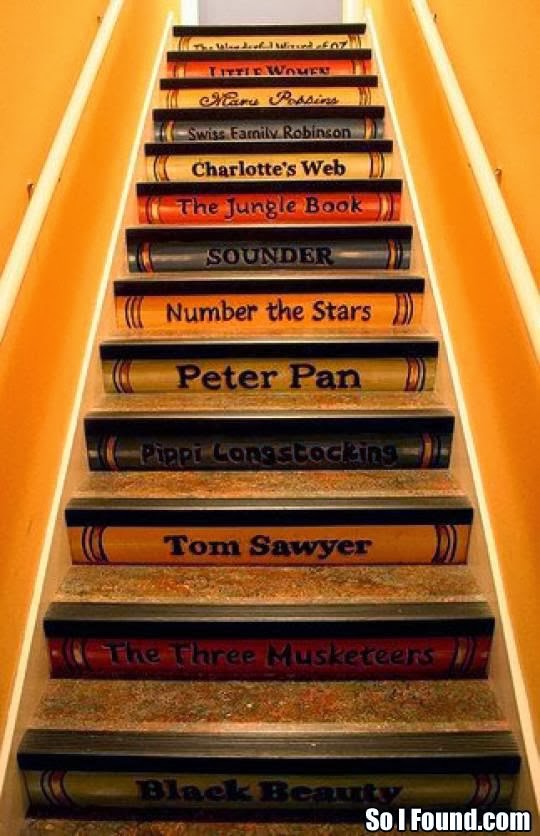The writing life is best described as a roller coaster. We're up and down from the moment we start moving on our writing path until our final breath. Finding success with what we write thrills us as we climb to the top of the next hill on the roller coaster but each rejection plunges us to the bottom again.
We handle the successes pretty well but the disappointments are another story altogether. Each time a rejection arrives or you hear about another Chicken Soup book being published without your story in it, you can't help but be disappointed. It's part of being human. When those rejections come flying through cyberspace like flocks of geese heading north in the fall, it's pretty daunting.
There are times when you feel like you've dug deeper into a hole with each disappointment. The trick is not to let yourself dig that hole so deep that you can't find a way out. It's then that your bad writing fairy overtakes the good one. She whispers in your ear, Why bother submitting any more of your work? You'll never sell one. Couldn't you just bop her a good one when she says things like that? How about when she says, Whatever made you think you're a real writer? Or Why don't you just give up?
Enter your good writing fairy. She's the one who will haul you up out of that deep, dark hole. Keep trying. she'll say. Or You can do this, you know you can. She might even say, You're a darned good writer. You just haven't found the write places to submit to yet. Listen to her when she taps you on the shoulder with a Let's show the world what you can do.
The quote above is a good one to help you have an optimist's attitude rather than dig the hole of misery any deeper. Putting yourself down never helped anyone. When your writing world looks the darkest, it's hard to keep an optimistic view but if you really want to succeed, you'll feed the good writing fairy and starve the bad one.
Keep those two keywords I am always mentioning in mind. Patience and Perseverance will help you get that optimist attitude and put away the defeatist feelings.
Maybe some of you wonder if I ever get down about the disappointments in my writing life. I do, most definitely do. But not for long. I was so sure my story for the Home Sweet Home book in the Chicken Soup series would make it. It didn't! And yes, I was truly disappointed for a day or so. Then, I started thinking about what other place I might submit that same story. I'll take a good look at it and see if there are any revisions I want to make before I submit it somewhere. The best part is that the hard part on that story is done. It's been written, edited and even revised already.
Take your good writing fairy to lunch and keep on moving to the next part of your writing journey.

















